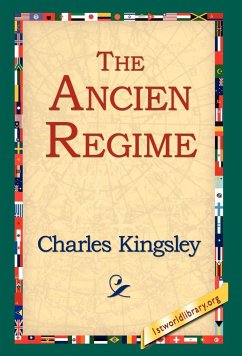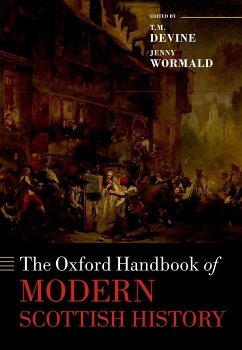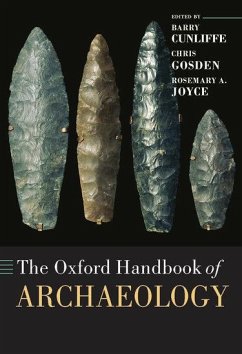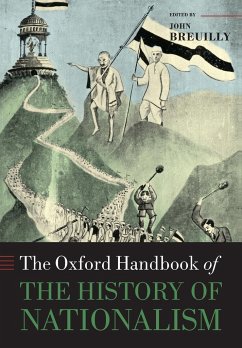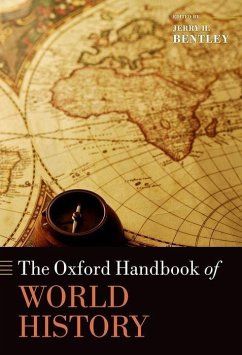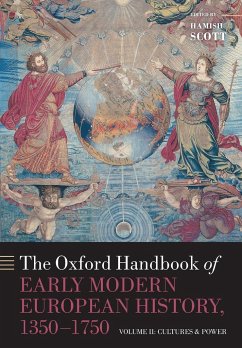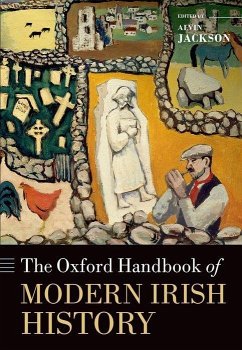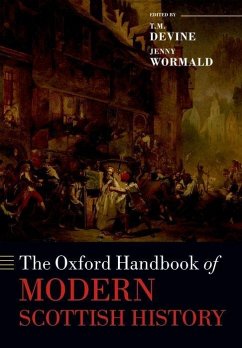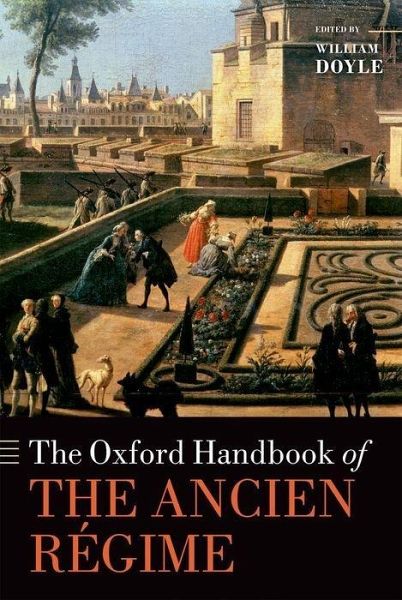
The Oxford Handbook of the Ancien Regime
Versandkostenfrei!
Versandfertig in 1-2 Wochen
192,99 €
inkl. MwSt.

PAYBACK Punkte
96 °P sammeln!
An exploration of current scholarly thinking about the wide and surprisingly complex range of historical problems associated with the study of Ancien Regime Europe
In The Oxford Handbook of the Ancien Régime, an international team of 30 contributors surveys and presents current thinking about the world of pre-revolutionary France and Europe. The idea of the Ancien Régime was invented by the French revolutionaries to define what they hoped to destroy and replace. But it was not a precise definition, and although historians have found it conceptually useful, there is wide disagreement about what the Ancien Régime's main features were, how they worked, how old they were, how far they stretched, how dynamic or inert they were, and how far the revolutionaries succeeded in their ambitions to eradicate them. In this wide-ranging and authoritative collection, old and newer areas of research into the Ancien Régime are presented and assessed, and there has been no attempt to impose any sort of consensus. The result shows what a lively field of historical enquiry the Ancien Régime remains, and points the way towards a range of promising new directions for thinking and writing about the intriguing complex of historical problems which it continues to pose.



